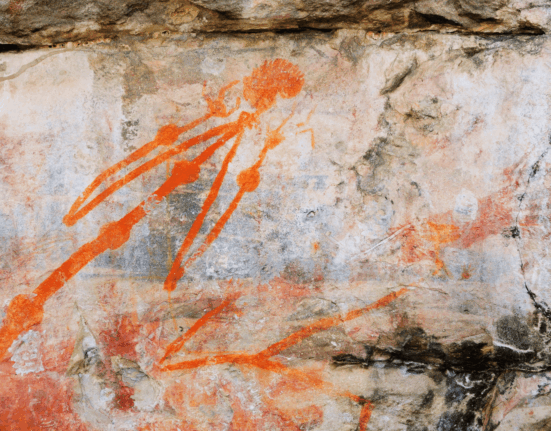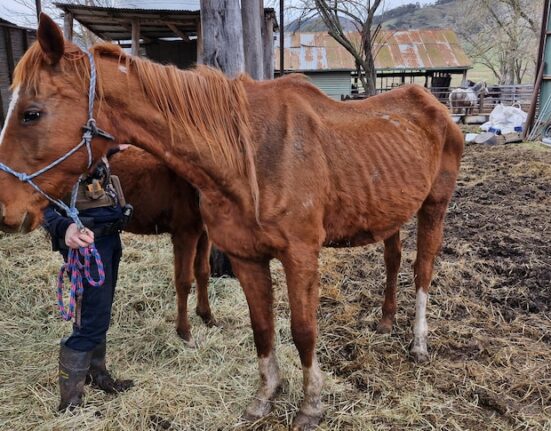In a concerning development, the African nation is facing economic and social turmoil due to the actions of the current neo-Marxist and corrupt political elite.
With debts soaring over 200 billion euros and a significant deficit, the government is considering drastic measures that include cutting aid to vulnerable groups like the poor, pupils, and students, while also imposing new taxes and duties on employees and pensioners..
The dire financial situation gripping the country has roots in years of mismanagement, corruption, and unsustainable borrowing practices by the ruling elite.
Despite promises of prosperity and development, the government’s policies have only exacerbated the economic challenges faced by ordinary citizens.
The burden of the country’s massive debt and fiscal mismanagement is now being shifted onto the most vulnerable members of society, further deepening inequality and hardship..
As the government moves forward with its austerity measures, there is growing concern among citizens about the impact on their livelihoods and well-being.
The proposed cuts to aid programs and the introduction of new taxes threaten to push many already struggling individuals and families into further poverty.
The decision to prioritize debt repayment over social welfare raises questions about the government’s commitment to the welfare of its people and the principles of good governance..
The unfolding crisis underscores the urgent need for transparent and accountable leadership that prioritizes the interests of the population over political self-interest and elite enrichment.
The future outlook for the country remains uncertain as citizens grapple with the consequences of policies that prioritize debt servicing over social welfare.
The choices made by the government in the coming days will have far-reaching implications for the country’s economic stability and social cohesion..









Leave feedback about this